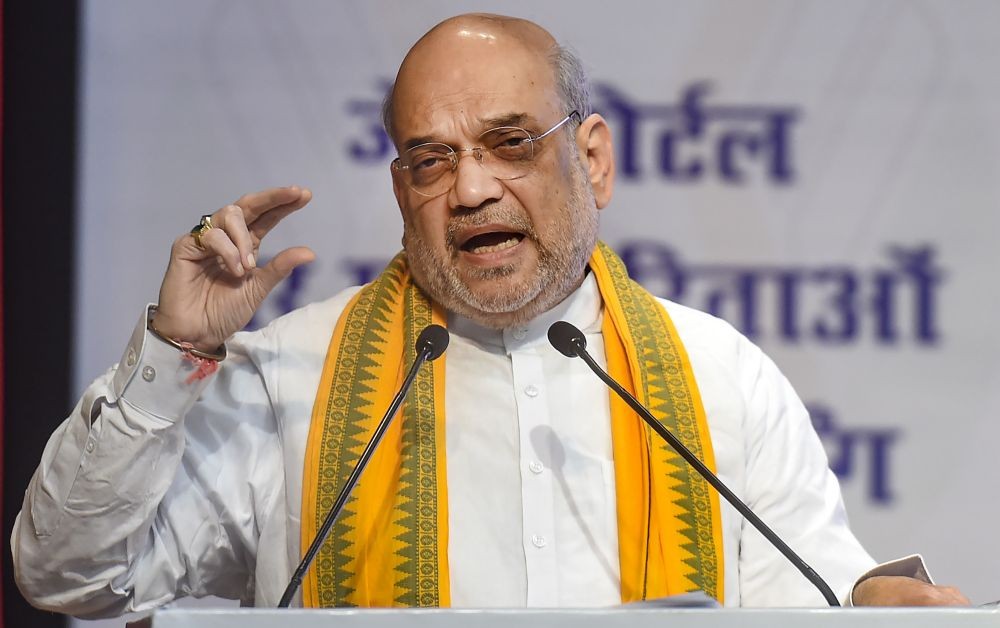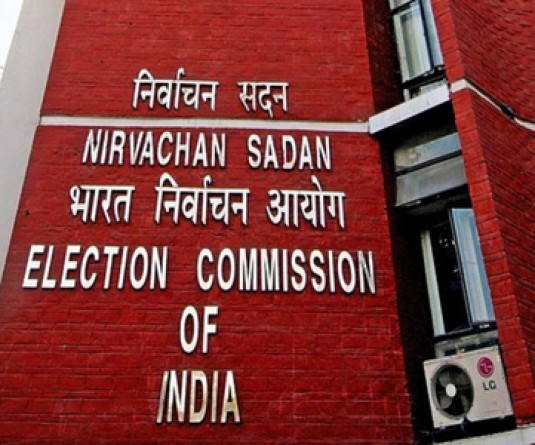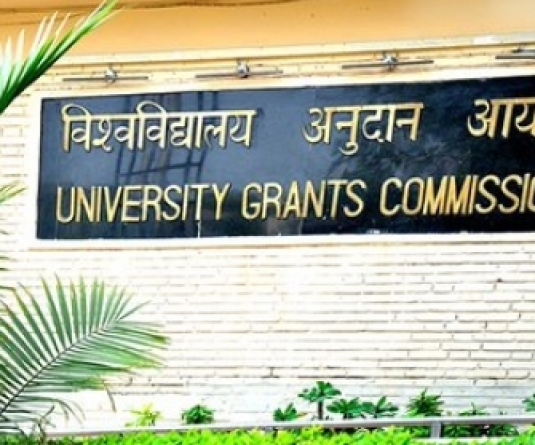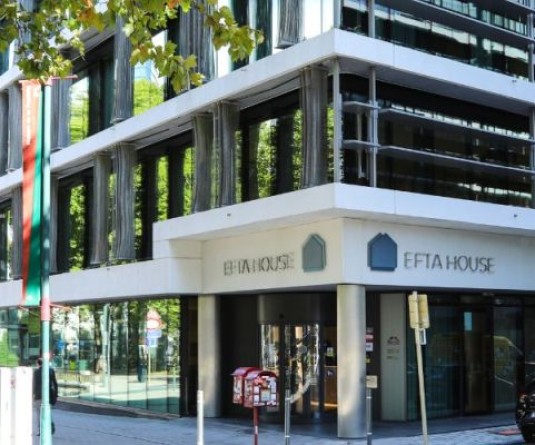New Delhi: Union Minister of Home Affairs and Co-operation Amit Shah speaks during the launch of the onboarding of cooperatives on the Government e Marketplace (GeM) portal, in New Delhi, Tuesday, Aug 9, 2022. (PTI Photo/Arun Sharma)

Gandhinagar, August 28 (PTI): Union Home Minister Amit Shah said on Sunday that the Centre has set a target of taking India's conviction rate higher than even the developed countries and integrating the crimnal justice system with forensic science investigation.
The government aims to make forensic investigation "compulsory and legal" for offences attracting punishment of more than six years, Shah said addressing the graduating students of the National Forensic Sciences University (NFSU), Gandhinagar, at its first convocation.
The government will provide a forensic mobile investigation facility in each district of the country and create a legal structure to ensure that independence and impartiality of investigation is maintained, he said.
"Under Prime Minister Narendra Modi's leadership, the central government is going to make changes in in the Indian Penal Code (IPC), Code of Criminal Procedure (CrPC) and the Evidence Act, because nobody saw these laws from an Indian perspective after independence," he said.
"These laws need to be reframed from the perspective of independent India. Therefore, we have been consulting a lot of people to change the IPC, CrPC and the Evidence Act," Shah said while delivering the convocation address as its chief guest.
For this, the government is going to make provision of forensic evidence compulsory and legal for offences with more than six years of punishment, the Union minister said.
This will require a large number of forensic science experts, he said, adding that none of the graduating students from the NFSU will remain without placement.
Shah said the country's conviction rate would increase only when the forensic science evidence is made legal for serious crimes.
To strengthen forensic science infrastructure, the central government has provided support to several states in the last three years, Shah said.
"We have also strengthened central forensic laboratories. The NFSU will create a number of experts and manpower that will help in slowly setting up its campus in every state. I believe we shall be able to complete it by 2025," he said.
A total 1,132 students, including 91 from 21 different foreign countries, graduated from the university.
Shah also launched a 'Made in India' forensic mobile laboratory and said such labs will be made available in every district. He also assured that the government would provide a forensic mobile investigation facility to each district of the country.
Shah further stressed the importance of reforms in the criminal justice system and law and order infrastructure.
"This is not the age of third degree. They are our own people, there is no need to treat them with third degree. We will have to stress on convicting criminals on the basis of scientific evidence. This is how we shall be able to increase the conviction rate," he said.
The third degree is the use of interrogation methods that inflicts physical or mental pain on suspects in order to get the suspect to make a confession.
He said that to increase the conviction rate through forensic science evidence, the country will need trained manpower. The NFSU was set up by PM Modi with the same foresight to make provision for their training, Shah said.
In a very short time, the NFSU has started its campuses in several states like Madhya Pradesh, Goa, Tripura, Manipur, and Assam. Discussions are on for setting it up at Pune (in Maharashtra) and Karnataka.






